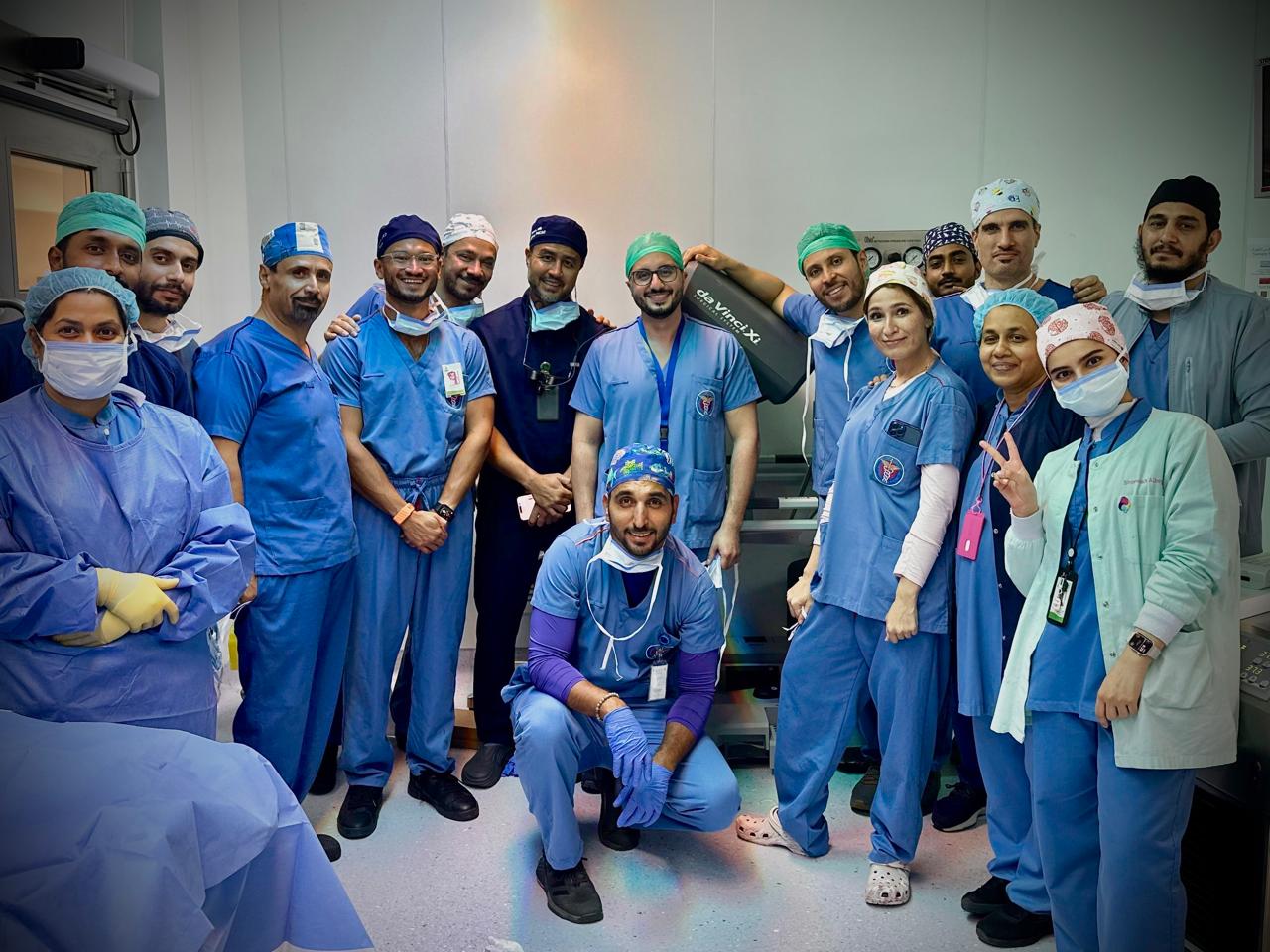Minimally Invasive Robotic Heart Surgery Reduces Pain and Accelerates Recovery
Advanced Technology Elevates the Quality of Cardiac Care in Saudi Arabia
King Abdulaziz University Hospital has marked a significant advancement in cardiac surgery with the successful completion of robotic-assisted coronary artery bypass grafting (CABG) procedures using minimally invasive incisions. These operations are part of the hospital’s newly established robotic cardiac surgery program, underscoring its commitment to cutting-edge medical innovation.
Recognized as one of the most advanced procedures in cardiovascular medicine, this technique is performed at only a limited number of specialized centers, given the complexity and technological sophistication it requires.
Robotic CABG enables the treatment of coronary artery blockages through very small incisions, avoiding the need for a full chest opening. The surgeon operates robotic arms from an external console, ensuring exceptional precision in graft placement.
Compared to traditional open-heart surgery, this approach offers multiple clinical benefits, including less pain, reduced bleeding, shorter hospital stays, and quicker recovery. In these cases, both patients, who were diagnosed with significant coronary artery disease, recovered well and were discharged in stable condition.
These surgeries were part of the hospital’s growing robotic cardiac surgery program, led by Dr. Mazen Fatani and Dr. Abdullah Baghaffar, with contributions from Dr. Fahad Makhdoom of the Eastern Health Cluster.
The success was made possible by a multidisciplinary team from anesthesiology, perfusion, nursing, and intensive care, reflecting the university hospital’s emphasis on teamwork and clinical excellence.
This development supports the goals of Saudi Vision 2030, which aims to transform healthcare delivery and position the Kingdom’s medical institutions at the forefront of global standards.


